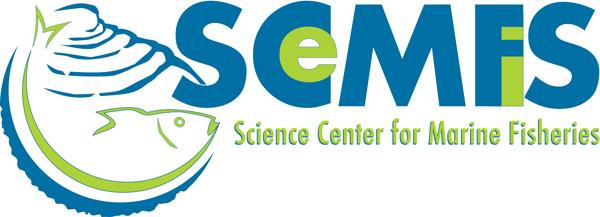April 28, 2021 — Jeff Reichle and his son, Wayne, didn’t hold up signs expressing their opposition to a proposed offshore wind farm during a peaceful protest Tuesday outside of the Cape May County Administration Building in Cape May Court House.
But the two men, from Lund Fisheries Inc. in Cape May, along with several of their fellow fishermen and women, are concerned.
They are concerned about their livelihood and what the gigantic wind turbines built in the ocean could mean to marine life and how they could safely navigate the structures and what the project would do to commercial and recreational fishing.
“Our issue is they haven’t reached out to the fishing industry,” said Jeff Reichle, chairman of Lund. “People think you can go fish somewhere else. But that is not the way it is. This is our business. We just don’t know how this will affect us. There are too many unanswered questions.”
Wayne Reichle added, “There is no proof that the wind farm will have a positive impact on fishing, only negative.”

